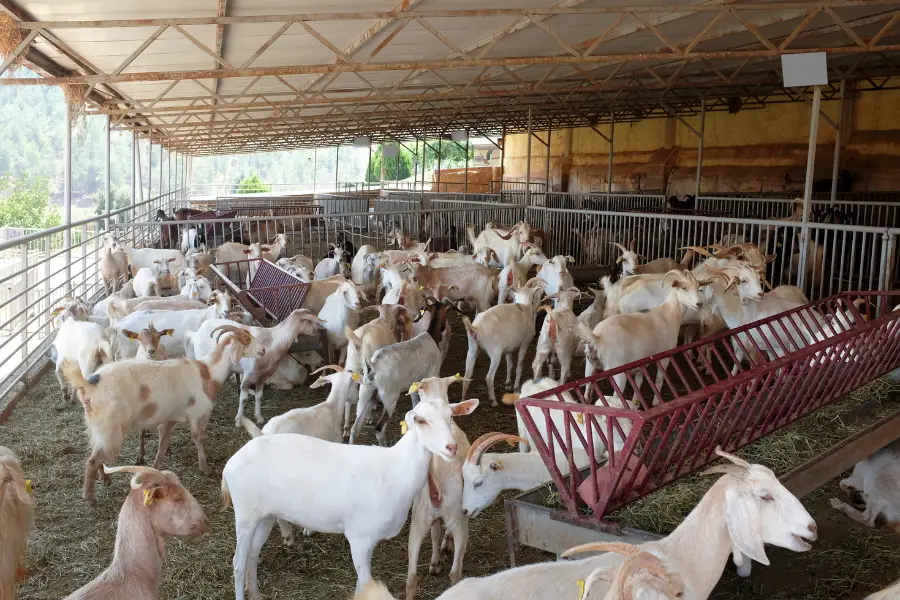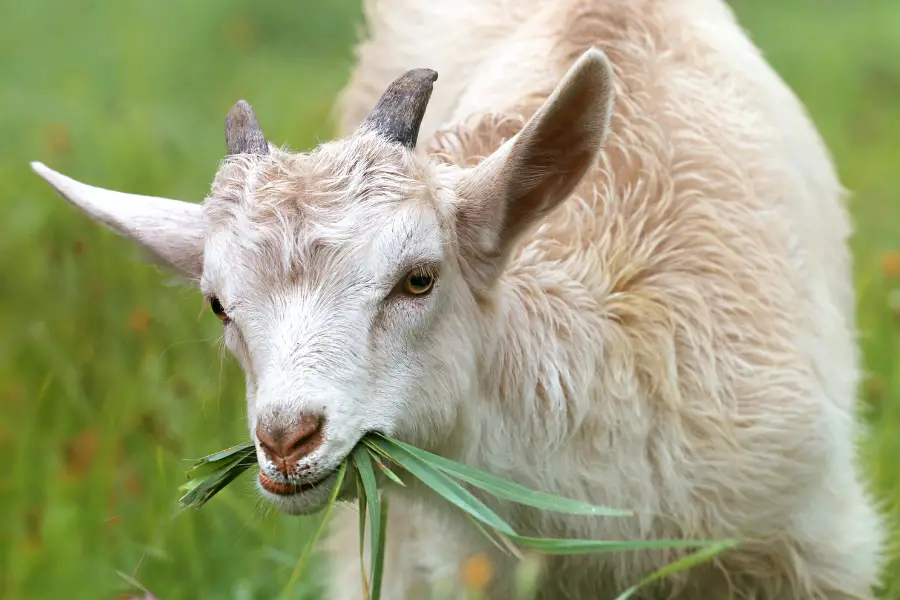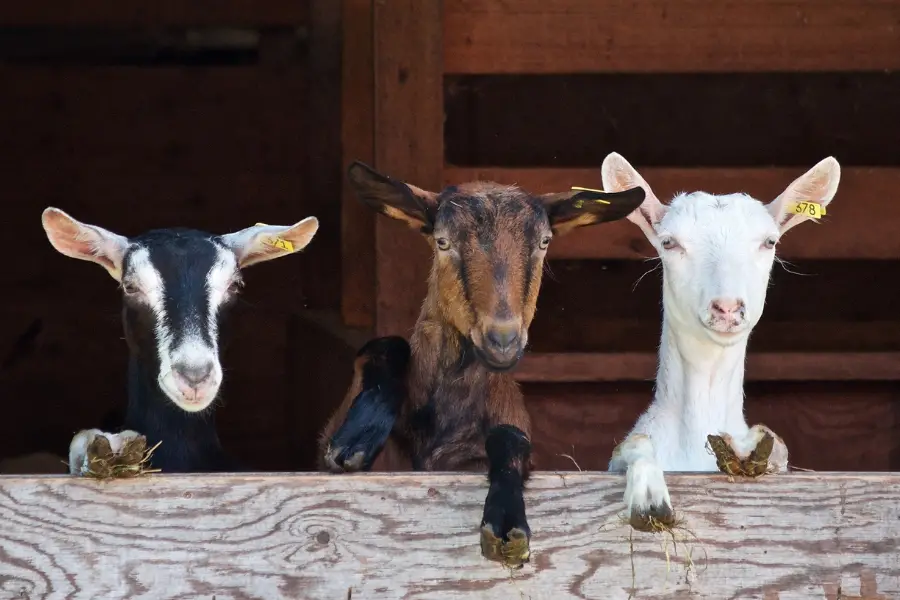Goats, being versatile and resilient animals, are generally known for their robust health. However, like any living creatures, they are prone to certain health issues that can affect their overall well-being. It is essential for goat owners and farmers to be aware of these common health problems to ensure the proper care and timely treatment of their animals. In this article, we will discuss the four most common health problems that goat farmers may encounter.

Table of contents
1. Parasitic Infestations
Parasitic infestations are one of the primary health concerns in goats. These parasites include internal parasites such as worms (e.g., roundworms, tapeworms) and external parasites like lice, mites, and ticks. Infestations can lead to weight loss, poor growth, anemia, and general weakness in goats. Symptoms may include a rough hair coat, diarrhea, and a swollen abdomen. Regular deworming and proper pasture management are crucial in preventing and controlling parasitic infestations. Consultation with a veterinarian and conducting fecal examinations can help determine the appropriate deworming schedule for your goats.
2. Foot Problems
Goats are known for their agile and nimble nature, but they are susceptible to various foot problems. Hoof rot, foot abscesses, and foot scald are common conditions that affect goats’ hooves. These issues are often caused by bacterial infections and can lead to lameness and discomfort. Regular hoof trimming, maintaining clean and dry living conditions, and providing proper foot hygiene are essential preventive measures. In case of foot problems, immediate veterinary attention should be sought to prevent the condition from worsening.

3. Respiratory Issues
Respiratory problems can arise in goats due to various factors, including poor ventilation, extreme weather conditions, dust, and infectious agents. Pneumonia and respiratory infections can occur, leading to coughing, nasal discharge, labored breathing, and reduced appetite. Maintaining clean and well-ventilated barns, avoiding overcrowding, and ensuring proper nutrition can help prevent respiratory problems. Prompt veterinary care is crucial if respiratory symptoms are observed in goats to prevent further complications.

4. Metabolic Disorders
Metabolic disorders can affect goats, particularly during pregnancy and lactation. Ketosis, milk fever (hypocalcemia), and pregnancy toxemia are common metabolic conditions observed in goats. These disorders result from imbalances in energy and nutrient levels, leading to weakened immune function, reduced milk production, and potential death if left untreated. Proper nutrition, including balanced diets and sufficient calcium intake, is vital to prevent metabolic disorders. Close monitoring of pregnant and lactating goats, along with timely veterinary intervention, can help identify and manage these conditions effectively.
Video: Keeping Goats Healthy with Deborah Niemann
This informative video about common goat problems features an interview with Deborah Niemann, author of Raising Goats Naturally. Deborah is interviewed by Aust of Homesteady.
Conclusion
While goats are generally hardy animals, it is crucial for goat owners and farmers to be aware of the common health problems they may encounter. Regular veterinary check-ups, proper nutrition, and good management practices are essential for maintaining the overall health and well-being of goats. By understanding and addressing these four common health issues—parasitic infestations, foot problems, respiratory issues, and metabolic disorders—goat owners can ensure a healthy and thriving herd.




